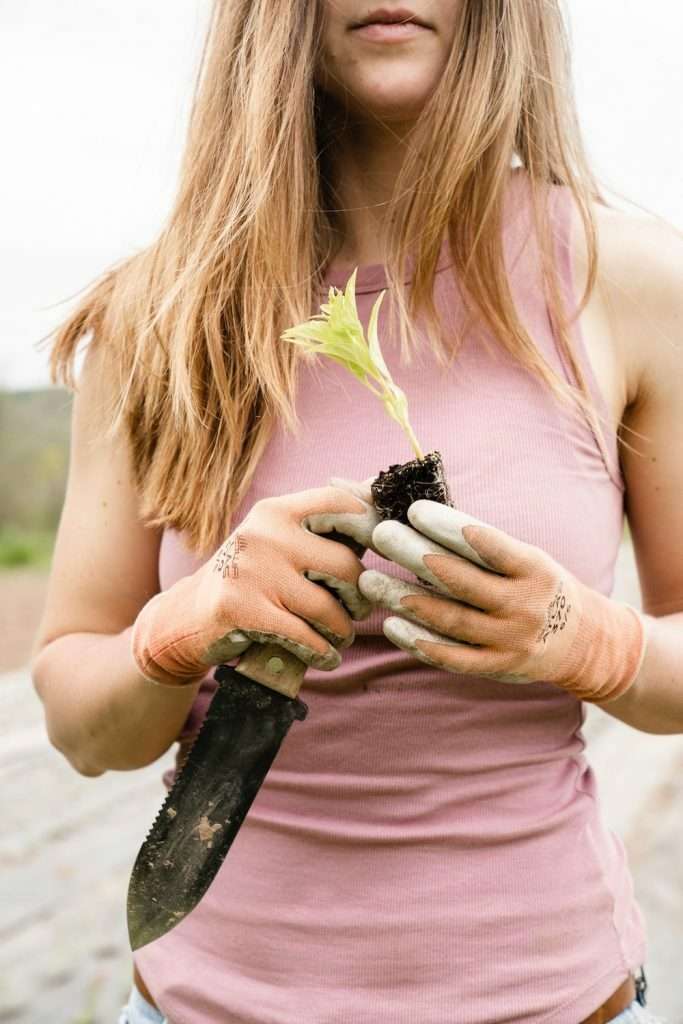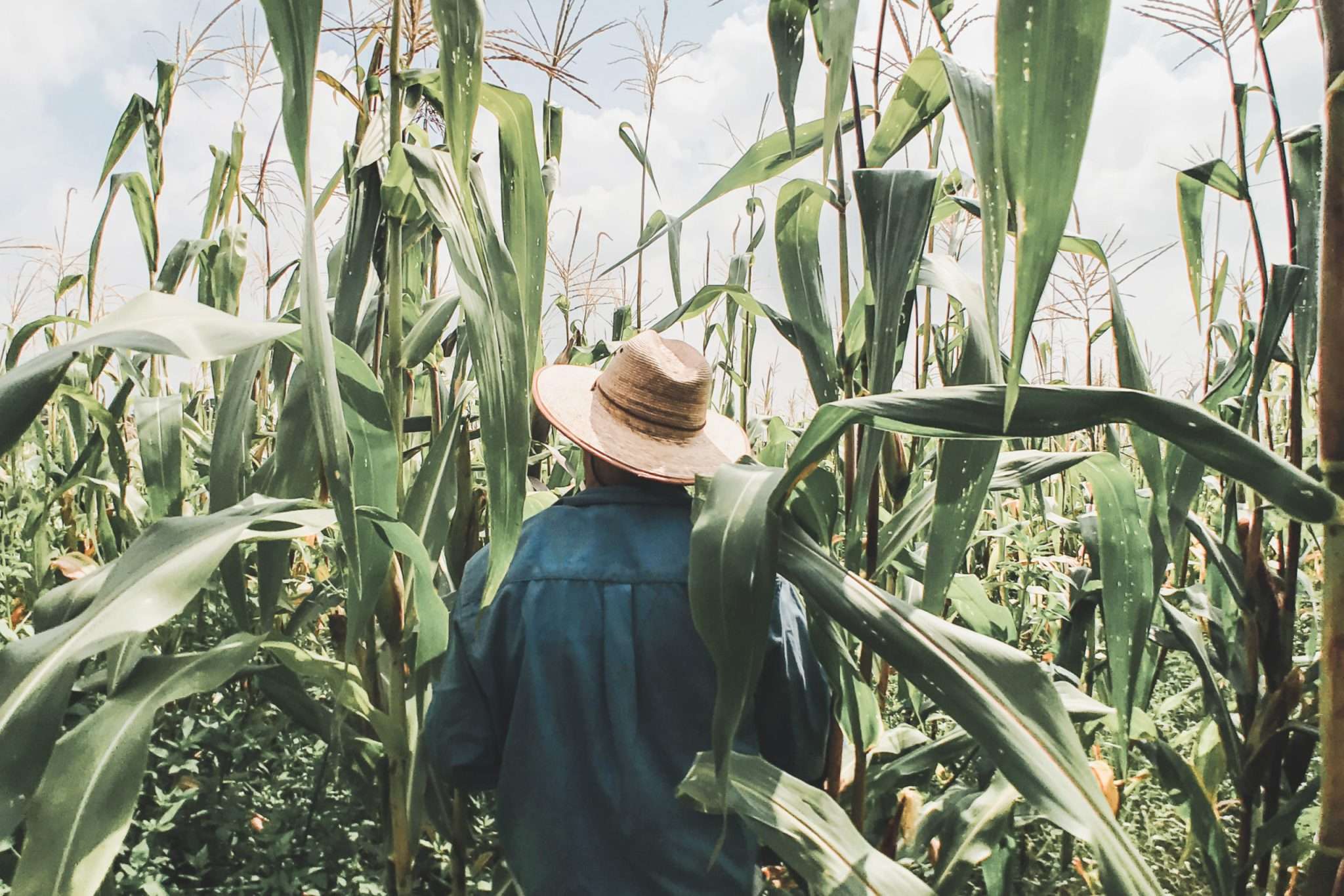Small farmers and organic producers now have their own cryptocurrency. Sort of. Meet Beetcoin.
The new crowdfunding platform is the brainchild of the Slow Money Institute founded by Woody Tasch. He also founded SOIL— Slow Opportunities for Investing Locally—to help fund small organic producers. It’s already provided more than $75 million in low-interest loans to farmers and food startups since its launch in 2012.
“What happens when you step outside of what you’ve been taught about how investing or philanthropy is supposed to work?” Tasch told the Daily Camera. “What if we were putting our money to work in a way that was really designed to help the end user, not minimize risks for the funder?”
SOIL launched in 2017 with a goal of providing no interest loans. It’s aimed at pooling local investors to create their own SOIL groups and vote on where to loan funds. Once loans are repaid, they’re used to support new initiatives.
Investments for organic growers
Small organic growers need support, according to Tasch. Funding in the way of subsidies often go to larger conventional farmer, making it more challenging for organic growers to compete. Yet local, organically grown and produced food is vital to communities as well as biodiversity and climate mitigation.
But without capital, succeeding as an organic farmer can be significantly more challenging, even as urban farming programs, farmers markets, and demand for organic rise.
“These are systemic challenges of the most fundamental kind. Some solutions are complicated—as complicated as fake meat and schemes to monetize soil carbon. Others are deceptively simple—as simple as Beetcoin and zero percent loans,” reads the website.
“The goal is that it very gradually will grow into a reasonably sized pool of capital that can make a dent in the local food ecosystem,” Tasch said. “But however many of these SOIL groups we have, they’re always gonna be dots in a very large country. We want to make it possible for people anywhere to get in on this.”
Beetcoin will help communities invest, even if members can’t make the minimum loan threshold. While it’s not a cryptocurrency in the way its inspiration Bitcoin is, it works in a similar community-sourced method.
The project funds local non-profit groups that make the zero percent interest loans to small organic farms and local food businesses.
“Considerable effort has gone into the development of new metrics, more transparent corporate reporting schemes, third-party certifications and impact investing. Yet, the imperative to generate ‘competitive returns’ casts a long shadow, making it difficult to address fundamental questions about the power of mega-corporations, widening wealth inequality, and the long-term consequences of global economic growth bumping up against ecological limits.,” the website says. “Zero percent is an unequivocal statement of intent to shift, radically and constructively, from an ethos of ‘how much can we make, how fast’ to an ethos of patience and care.”

Beetcoin users can contribute any amount to a SOIL investing group. Donations are pooled together to create a more substantial loan, no matter how small the individual contribution. Tasch’s new book, “AHA! Fake Trillions, Real Billions, Beetcoin and the Great American Do-Over,” explains the new platform.
“Making a donation or loan to an organic farm is a good thing. Doing so strategically, in concert with a growing movement, an even better thing,” explains the Beetcoin website.
Funding the future
The organization says it promotes systemic change in a number of ways. “It links the breadth of crowdfunding to the depth of local decision-making. It works at the intersection of investing and philanthropy. It expands value creation from the level of individual transactions to the level of community and movement.”
This is critical, says the group, especially over the next decade.
it says organic and regenerative farming as well as local food systems “have a role to play in larger processes of reform, but the big questions are obvious: Can a new generation of organic/regenerative farms move the needle with respect to soil fertility and climate? Can we imagine a resurgence of local food systems robust enough, widespread enough to make meaningful contributions to resilience and healing?”
Beetcoin says its design integrate elements of philanthropy, impact investing, crowdfunding and microfinance, but it emphasizes that this is “a mechanistic way of describing a beautiful result” one it describes as “new flows of capital dedicated to preserving and restoring small organic farms and local food systems, in ways that are as widespread, democratic and grassroots as possible.”
“Having been of age for the first Earth Day in 1970, seeing how my generation was unable to grapple with environmental issues in a very meaningful way has been frustrating for me.”
Tasch’s commitment to organic agriculture is evident, especially when it comes from small producers. He says it has visibly positive results. “The benefits of local agriculture are surprisingly broad,” Tasch said. “To know where your food comes from, to work with friends and neighbors to support that, I think has enormous cultural value.”


